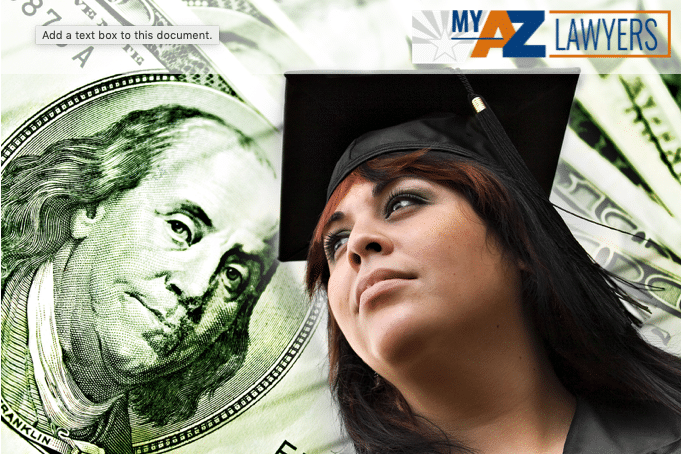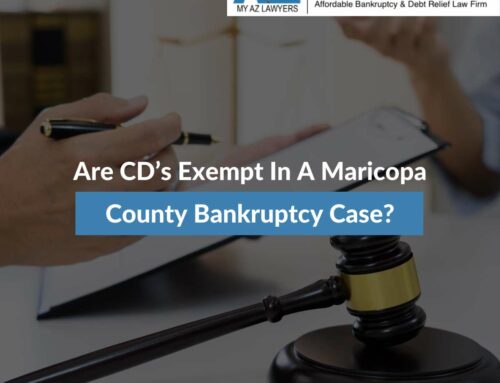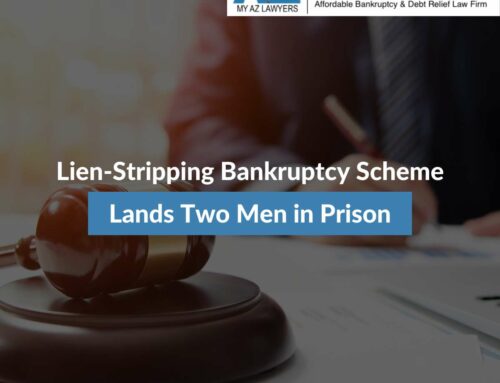Bankruptcy and Student Loans
Democratic Lawmakers Propose Bill to Make it Easier to Discharge Student Debt in Bankruptcy

The Current Procedure for Discharging Student Loans in Bankruptcy
Those seeking to discharge student loans in a Chapter 7 bankruptcy must file an adversary proceeding along with their petition. In the adversary proceeding, the filer must prove that paying the loan would cause an undue hardship. Most courts use the Brunner Test to determine if a student loan is dischargeable. The test has three factors: (1) if paying the loan will force the filer and their dependents to live in poverty; (2) if the circumstances that make the filer unable to pay their loan are unlikely to change; and (3) if the filer has made a good faith effort to repay the loan. A less common method is the totality of the circumstances, where the court will analyze all relevant factors of the case to determine if the student loan is dischargeable.
Student Loans and the Coronavirus Pandemic
The unemployment rate began skyrocketing in March, but has since begun to plateau. Lawmakers passed the Coronavirus Aid, Relief and Economic Security (CARES) Act on March 27, 2020, to combat the effect the mass unemployment would have on the economy. The CARES Act contained provisions like payroll protection loans for small businesses, stimulus checks for certain Americans, and $600 per week in additional federal unemployment benefits. Student loans are currently suspended until September 30, 2020. There are rumors of another stimulus check, and the student loan relief date may be extended.Some are calling for student loans to be forgiven as part of coronavirus relief efforts, but that seems unlikely for the time being.
The Medical Bankruptcy Fairness Act

Similar bills have previously been proposed, even with the same name, in 2009, 2014, and 2016. These bills are usually proposed by Democratic politicians. However, bipartisan support for more extensive forms of student debt relief is growing.
What if I Can’t Discharge My Student Debt in Bankruptcy?
As for the Medical Bankruptcy Fairness Act, we will just have to wait and see if it passes. This will also raise the issue for people who would qualify to discharge student loans under the Medical Bankruptcy Fairness Act, but their case has already been discharged. There are waiting periods in between bankruptcy filings, so these people may not have the option to simply refile. One option would be to allow these people to amend their petition to include their student debt if it was incurred before the bankruptcy was originally filed.
You will still receive some benefit in regards to your student loans from bankruptcy, even if they aren’t discharged. If your wages are being garnished due to your student loans, the Automatic Stay will stop the garnishment until your case is discharged or dismissed. A Chapter 7 bankruptcy usually takes 4-6 months to be discharged, and a Chapter 13 bankruptcy is discharged in 3-5 years. Some of your student debt balance may be paid off in a Chapter 13, depending on the other types of debts you have and how much disposable monthly income you have available. After your bankruptcy is discharged, you will need to work out alternative arrangements with your student lender.
Contact our Arizona Bankruptcy Lawyers for a free consultation. Learn more about Bankruptcy and Student Loans Debt. Also, learn about the proposed new law. Our consultations are free of charge, call (480) 833-8000.





